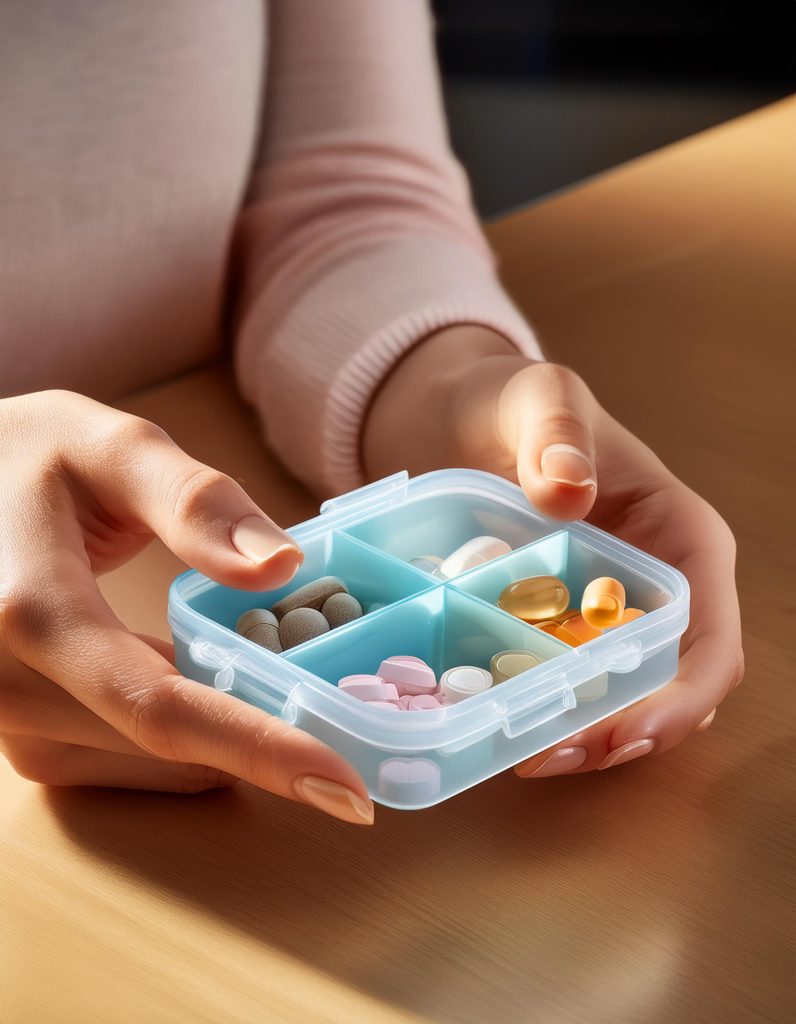The Hills : Depression
What is Depression?
Depression is a common mental health disorder that affects millions of people worldwide. According to the National Institute of Mental Health. It’s more than just feeling sad or having a bad day.
Clinical depression can interfere with your daily life, impacting your ability to work, sleep, and enjoy life. People with depression often experience various emotional and physical symptoms that can vary in intensity.
Signs and Symptoms of Depression
The symptoms of depression can differ from person to person, but common indicators include:
- Persistent sadness or low mood: Feeling down or hopeless for weeks or months at a time is a hallmark of depression.
- Loss of interest in activities: Things you once enjoyed—like hobbies, socializing, or even eating—may no longer bring you pleasure.
- Fatigue or lack of energy: Feeling depressed often causes a deep sense of tiredness, making it hard to complete even simple tasks.
- Changes in sleep patterns: Some people with depression may find themselves sleeping too much, while others may struggle with insomnia.
- Changes in appetite: Depression can cause either a loss of appetite or overeating, sometimes leading to weight loss or gain.
- Feelings of worthlessness or guilt: Negative self-talk and feelings of guilt or shame are common, even if they’re irrational.
- Difficulty concentrating: Many people with depression find it hard to focus or make decisions, which can impact work or personal life.
- Physical symptoms: Depression doesn’t just affect your mind. It can also lead to aches, pains, headaches, and digestive problems that don’t seem to have a clear physical cause.
- Thoughts of death or suicide: In severe cases, clinical depression can lead to thoughts of self-harm or suicide. If you or someone you know is experiencing these thoughts, it’s essential to seek immediate help from a healthcare professional.
Causes of Depression
There isn’t one single cause of depression, but rather a combination of factors that can contribute to its development. Some of the most common include:
- Genetics: If depression runs in your family, you may be more likely to experience it yourself. Research has shown that certain genetic factors can make a person more susceptible to depression.
- Biochemical imbalances: Clinical depression is often linked to imbalances in neurotransmitters—chemicals in the brain that regulate mood. For example, low levels of serotonin, dopamine, and norepinephrine are associated with depressive symptoms.
- Stressful life events: Significant life changes, such as the loss of a loved one, financial difficulties, or the end of a relationship, can trigger depression. Prolonged stress and unresolved trauma can also increase the risk of developing the condition.
- Medical conditions: Chronic illnesses like diabetes, heart disease, and autoimmune disorders can increase the likelihood of depression, as can certain medications. Thyroid problems and hormonal imbalances can also contribute to depressive symptoms.
- Personality factors: People with low self-esteem or those who are easily overwhelmed by stress may be more prone to depression. Negative thinking patterns and a tendency to ruminate on problems can make feeling depressed more likely.
How Depression Affects Daily Life
Living with depression can feel like an uphill battle. Everyday tasks that once seemed simple—like getting out of bed, showering, or making breakfast—can feel impossible. Many people with clinical depression withdraw from their social circles, feeling isolated even when they’re surrounded by loved ones. Work and school performance may suffer due to a lack of focus, energy, and motivation.
Depression can also have a physical toll. The constant fatigue and stress can weaken the immune system, making you more susceptible to illness. The condition can also strain relationships, as loved ones may struggle to understand what you’re going through, leading to feelings of guilt or frustration.
Common Treatments for Depression
Fortunately, depression is a treatable condition, and there are several approaches to help manage it. Treatment typically involves a combination of therapy, medication, and lifestyle changes.
Therapy

One of the most effective way for depression treatment is psychotherapy, also known as talk therapy. There are several types of therapy used to treat depression, including:
Cognitive Behavioral Therapy (CBT): CBT is one of the most widely used therapies for depression. It focuses on identifying and challenging negative thought patterns and replacing them with more realistic, positive ones. CBT teaches you to change your behavior in response to these thoughts, helping to break the cycle of clinical depression.
Dialectical Behavior Therapy (DBT): DBT is similar to CBT but places more emphasis on accepting and managing difficult emotions. It’s particularly useful for people who experience severe mood swings or suicidal thoughts.
Interpersonal Therapy (IPT): IPT focuses on improving your relationships with others, as well as your communication skills. It’s based on the idea that depression is often linked to relationship difficulties, so improving these interactions can help alleviate symptoms.
Psychodynamic Therapy: This form of therapy explores how unconscious thoughts and past experiences—particularly from childhood—affect your current behavior and emotions. By bringing these thoughts to the surface, you can gain insight into the root causes of your depression.
Medication

Taking medication to help with depression, anxiety, or trauma.
Antidepressant medications are commonly prescribed to help balance chemicals in the brain that regulate mood. The most common types of antidepressants include:
Selective Serotonin Reuptake Inhibitors (SSRIs): These medications, such as Prozac, Zoloft, and Lexapro, increase the level of serotonin in the brain. They are usually the first line of treatment for depression because they have fewer side effects than other medications.
Serotonin-Norepinephrine Reuptake Inhibitors (SNRIs): SNRIs like Cymbalta and Effexor increase the levels of both serotonin and norepinephrine. They’re often prescribed when SSRIs are not effective.
Tricyclic Antidepressants (TCAs): TCAs, such as Elavil and Pamelor, are older medications that are still used when other treatments haven’t worked. However, they often have more side effects.
Monoamine Oxidase Inhibitors (MAOIs): MAOIs, like Nardil and Parnate, are less commonly prescribed today due to their potential interactions with certain foods and other medications. They are typically only used when other treatments have failed.
Lifestyle Changes

A person changing their daily lifestyle to better deal with depression, anxiety, or trauma.
Along with therapy and medication, lifestyle changes can play an important role in managing depression:
Exercise: Regular physical activity releases endorphins, which are natural mood lifters. Even something as simple as a 30-minute walk each day can help improve your mood and energy levels.
Healthy Eating: Eating a balanced diet can affect how you feel both physically and mentally. Foods rich in omega-3 fatty acids, such as salmon and walnuts, and those high in antioxidants, like berries and leafy greens, have been shown to improve brain health and reduce depressive symptoms.
Sleep Hygiene: Maintaining a regular sleep schedule and ensuring you get enough rest is crucial for mental well-being. Poor sleep can worsen symptoms of depression, while better sleep can help improve your mood.
Mindfulness and Meditation: Practicing mindfulness techniques can help you become more aware of your thoughts and feelings, allowing you to manage them better. Meditation, yoga, and deep-breathing exercises can also reduce stress and anxiety, which often accompany depression.
When to Seek Help
If you’ve been feeling depressed persistently—sad, hopeless, or overwhelmed—for more than two weeks, it’s important to seek help. Depression is not something you need to handle alone. A mental health professional can work with you to develop a treatment plan that fits your specific needs and helps you begin to feel better.
